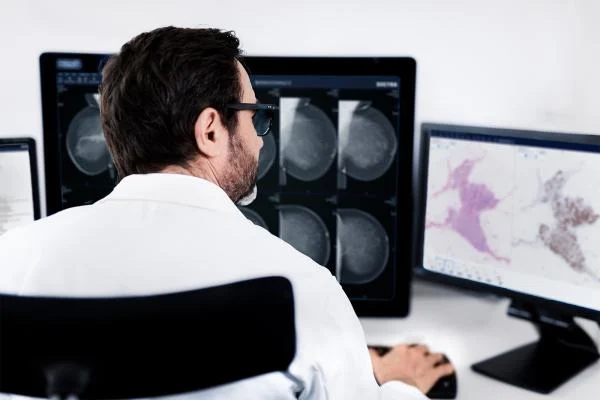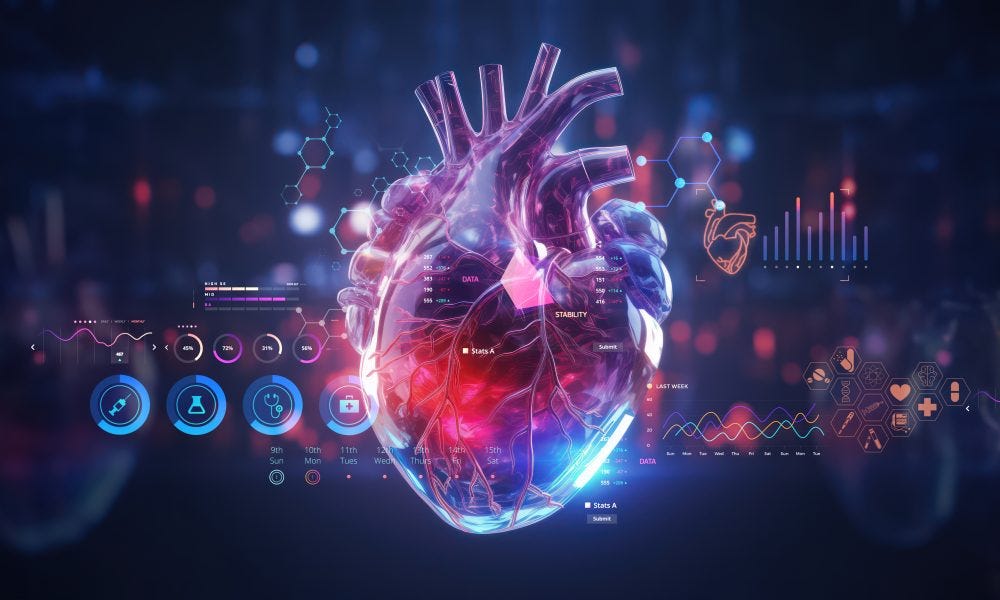In our rapidly advancing technological world, where artificial intelligence (AI) and machine learning are becoming more prevalent, the future of radiologists is a subject of much debate. An incident in Colorado, involving a spine fracture Colorado, detected by an AI system, not a human, sparks an intriguing conversation about the impact of AI on the field of radiology. This discussion will explore this significant milestone and what it indicates for the future of radiologists in the age of AI and machine learning.
Understanding Artificial Intelligence
Let’s start by understanding what AI is. It is a field of computer science that mimics human intelligence. It can learn, reason, and self-correct. Machine learning, a subset of AI, is a method of data analysis that automates analytical model building.
AI and Radiology: A Powerful Combination
AI applications in radiology are vast. They can assist in detecting anomalies in scans quicker and more accurately. They can also help in predicting patient outcomes and streamlining workloads. The National Center for Biotechnology Information reports that AI can improve diagnostic accuracy and efficiency.
The Case of ‘Spine Fracture Colorado’
This case is a testament to what AI can achieve. The AI system detected a spine fracture that would have been difficult for a human to spot. This is not an isolated incident, similar successful applications of AI are reported worldwide.

Will AI Replace Radiologists?
AI won’t replace radiologists but will augment their capabilities. They will use AI as a tool to enhance their diagnostic abilities. AI can handle repetitive tasks, freeing radiologists for more complex cases.
Comparison of Radiologist and AI in Diagnosis
| Aspect | Radiologist | AI |
| Speed | Varies | Fast |
| Accuracy | High (but can miss minute details) | Very High (especially for small details) |
| Workload Handling | Limited | High |
| Emotional Intelligence | High | None |
Conclusion
While AI is a powerful tool, it lacks the human touch. Radiologists can empathize with patients, understand their emotions, and comfort them. They can also make judgment calls in complex cases. The future of radiology thus lies not in AI alone, but in an intelligent blend of AI and human expertise.

